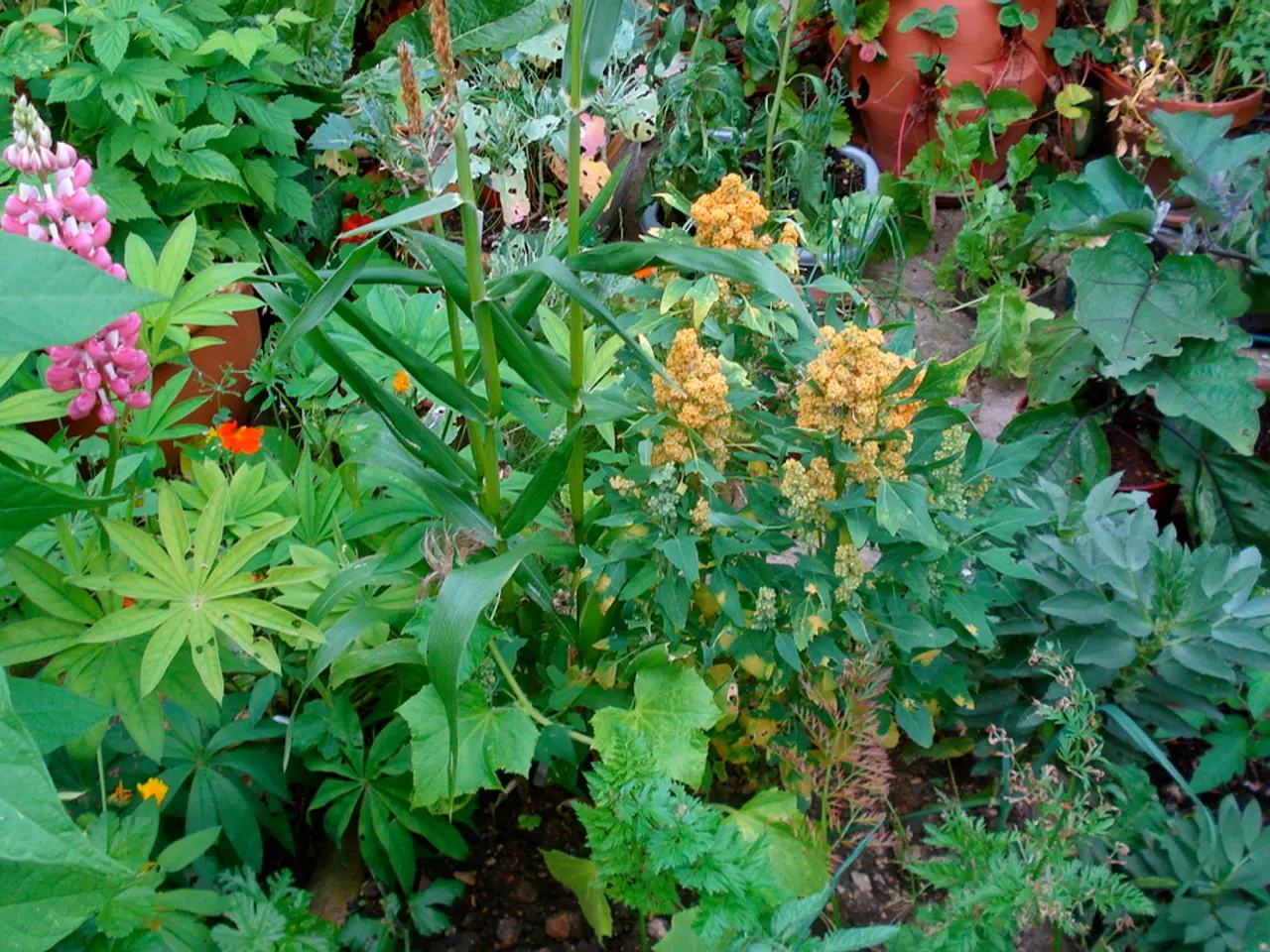Reviving ancient grains - a new focus on millets and cotton cultivation
In the heart of India, the states of Andhra Pradesh and Telangana are making a name for themselves as pioneers in sustainable agriculture and crafts. Two local heroes, Saraswathi Malluvalasa and Poludas Nagendra Satish, are showcasing their innovative work at Sustain India 2025, an exhibition that celebrates resilience, ingenuity, and the spirit of the region's people.
Saraswathi Malluvalasa, a millet farmer and women's empowerment leader from Vizianagaram, Andhra Pradesh, has dedicated over two decades to reviving millet cultivation and empowering women farmers. Under her leadership, SABALA (Society for Awareness and Betterment of Agricultural Livelihoods in Andhra Pradesh) has rejuvenated millet farming across 1,500 acres in 50 villages. Her efforts have earned her multiple awards, including the Women Exemplar Award from the CII Foundation.
Malluvalasa's work underscores the power of local knowledge, collective action, and innovation in addressing climate change. She is showcasing her work at Sustain India 2025, where her Arogya Millet Sisters Network will also be featured.
Poludas Nagendra Satish, a designer and cotton sustainability advocate from Hyderabad, Telangana, is also showcasing his work at Sustain India 2025. Satish, the founder of Kora Design Collaborative, works to revive indigenous cotton and traditional hand-weaving techniques. His multipart installation at the exhibition presents a narrative on the loss of traditional cotton quality and the efforts to restore it.
Satish's research revealed that only 12 out of over 1,000 organic cotton varieties remain today. His work highlights the importance of sustainable cotton farming in the face of climate change.
Srinivas Mangipudi, Srinivas Aditya Mopidevi, and Diya Shah lead Climate Recipes II: Andhra Pradesh and Telangana Edition, focusing on natural farming, agroecology, and food systems in the region. This project explores natural farming, agroecology, and land rights as pillars of climate resilience in the region. The exhibition at Sustain India 2025 will present drawings, archival material, and research findings from Climate Recipes II.
Andhra Pradesh has seen an increase in heavy rainfall days per year in the last decade due to the accelerating impact of climate change, compared to the previous 30 years. The inclusion of Saraswathi Malluvalasa and Poludas Nagendra Satish at Sustain India 2025 reflects the states' pioneering role in sustainable agriculture and crafts.
The exhibition 'With each seed we sing' at STIR Art Gallery, New Delhi, features Malluvalasa and Satish's work, showcasing the region's commitment to sustainability and resilience in the face of climate change. The recognition of these local heroes on a national platform is a moment of pride, celebrating the resilience, ingenuity, and spirit of the region's people.
Read also:
- States on the West Coast Join Forces to Offer Science-Backed Vaccine Recommendations
- Strategies for Preventing Seat Belt Choke: Detailed Instructions underlined
- Childhood allergies may be tied to early exposure to phthalates and bisphenols.
- Critical Hours: The Imperative of Administering a Hepatitis B Vaccine to Newborns within 24 Hours




